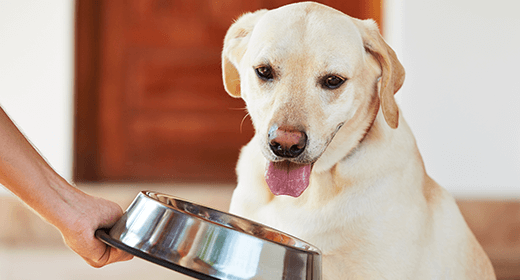

You do everything you can to keep your new puppy happy, and having fleas is definitely not a happy time. Keep these tips in mind to keep your puppy healthy, happy, and flea-free.
The common flea not only causes your dog discomfort, but it can also transmit disease, pass on tapeworms, and cause anemia, especially in vulnerable puppies and older dogs. Regularly inspect your dog for any signs of fleas. Intermittent scratching, biting, and gnawing, plus evidence of flea dirt between your dog's back legs or on top of his rump, are telltale signs of fleas. If your dog is constantly biting and gnawing himself or you can actually see fleas, you've got a full-blown infestation. To check out your dog for fleas, have him stand in a bathtub and vigorously rub your hands through his fur. If little dark dots fall on the tub floor, they're likely either fleas or flea 'dirt' (excrement). You'll know you've got fleas if the 'dirt' turns red when you add a drop of water.
These products work by preventing fleas from biting or reproducing. They are the flea control methods of choice, and when used faithfully as directed, help pet owners avoid many dog health issues associated with fleas.


So as a pet parent, how do you make sure your Lab is eating well-rounded meals? One way to do that is to find dog food that is tailored to suit the Labrador diet. The best dog food for Labrador Retrievers will always contain the following elements…
Labrador food should always include lean and quality proteins from sources like poultry to help strengthen and maintain their muscles.
Ingredients like beet pulp, corn, wheat, barley and maize are not only packed with nutrients but they also aid digestion. Labrador food that contains digestible ingredients helps when it comes to supporting a healthy gut.
Moderate and controlled amounts of fat in addition to Omega 6 and 3 fatty acids are necessary to support a healthy coat as well as healthy skin. These ingredients are important for Labradors to ensure they do not suffer from issues like flaky and itchy skin.
Labrador Retrievers are susceptible to obesity. Therefore, an important supplement to look for in Labrador food is L-Carnitine. L-Carnitine is known to help with metabolism and also supports healthy weight management.
Labradors are fun, playful and active dogs. To facilitate these characteristics, the labrador diet must consist of supplements like Glucosamine and Chondroitin Sulphate that support healthy joints.
If you’re looking for dog food that is specific to the Labrador diet, IAMS™ Labrador Retriever dog food will not let you down. It is a premium-tailored recipe that contains all the ingredients that support the unique nutritional requirements of a Labrador Retriever. By switching to this dog food, you are ensuring your Lab is at its healthiest and best, always!